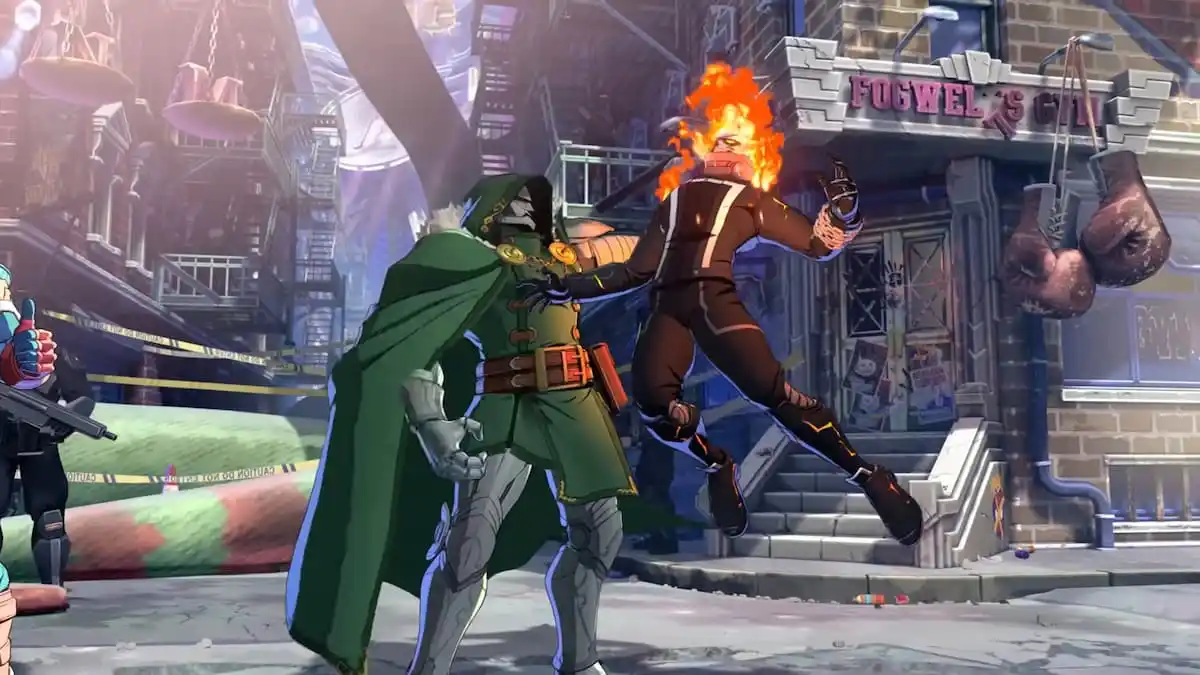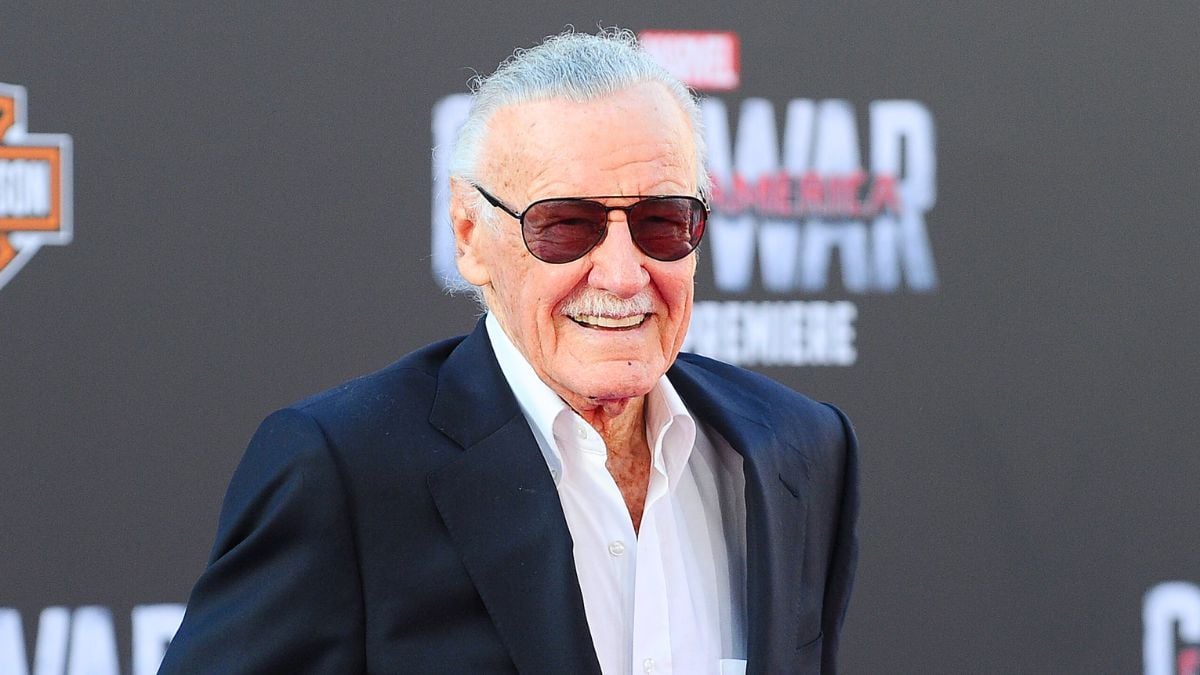The Walking Dead comic series came to an abrupt end in 2019 with the release of #193, taking readers by surprise and dividing them on how appropriate it was. Now, co-creator and sole scripter Robert Kirkman has addressed the topic, stating that he wanted to avoid anticipation and speculation.
He first explained his decision in a lengthy letter printed at the end of the final issue, likening the story’s termination to one of the surprise deaths of a major character that became the series hallmark, and that to give fans time to mentally prepare for the end would have been antithetical to everything the saga has stood for.
The topic was brought up when Kirkman appeared on Kevin Smith’s Fatman Beyond podcast, where he discussed his decision and said:
“You can say ‘the greatest trolling ever,’ and that would be accurate, and I do enjoy that to a certain extent. But personally, I look at it as the greatest gift you can give a fanbase because the end of anything is surrounded by a year of bullshit. A year of, ‘Well, how are they gonna end it? What are they gonna do? I think they should end it this way, I think they should end it that way.’ There’s the anticipation of it, the thinkpieces on it, everybody adding their own things to how they think it’s going to end, [which] I think completely ruins it, or at least tempers the way you experience it.
“If you know the end is coming and a major character dies three issues from the end, you’re like, ‘Yeah, it doesn’t matter. The thing is ending, of course this character dies. This isn’t a big monumental death that has impact, this is just the slow march to the end that anyone could expect. So I thought it would be a real fun thing to have people reading the final issues and not being aware of the fact that they’re reading the final issues.
“It turned the end of the series into a surprise death, which is, I think, very fitting because the whole thing is based on surprise deaths and dealing with loss, and how unexpected and rapid it can come, so I thought it was just a fun thing to do.”
He certainly has a point in that when people know the end of a long-running series is in sight, major events and revelations have far less impact. In particular, Rick’s death in the penultimate issue was such a huge occurrence precisely because nobody knew the story was going to end next month with a time jump and a coda.
Had it been known, it would have been received as little more than one of the stunt events creators often wheel out in the dying days of their work since they know they’ll never have to follow up on them, but was instead arguably the biggest shock in a countless litany of them rolled out over more than a decade and a half of post-apocalyptic survival, leaving fans pondering how the series would continue after the demise of the man who had been at the center of it all from day one.
Opinion still remains split over whether or not The Walking Dead should have concluded in the manner it did, but Kirkman is certainly of the belief he made the right decision, and the ending of the story was all the stronger for it.
















Published: Mar 26, 2021 07:33 am